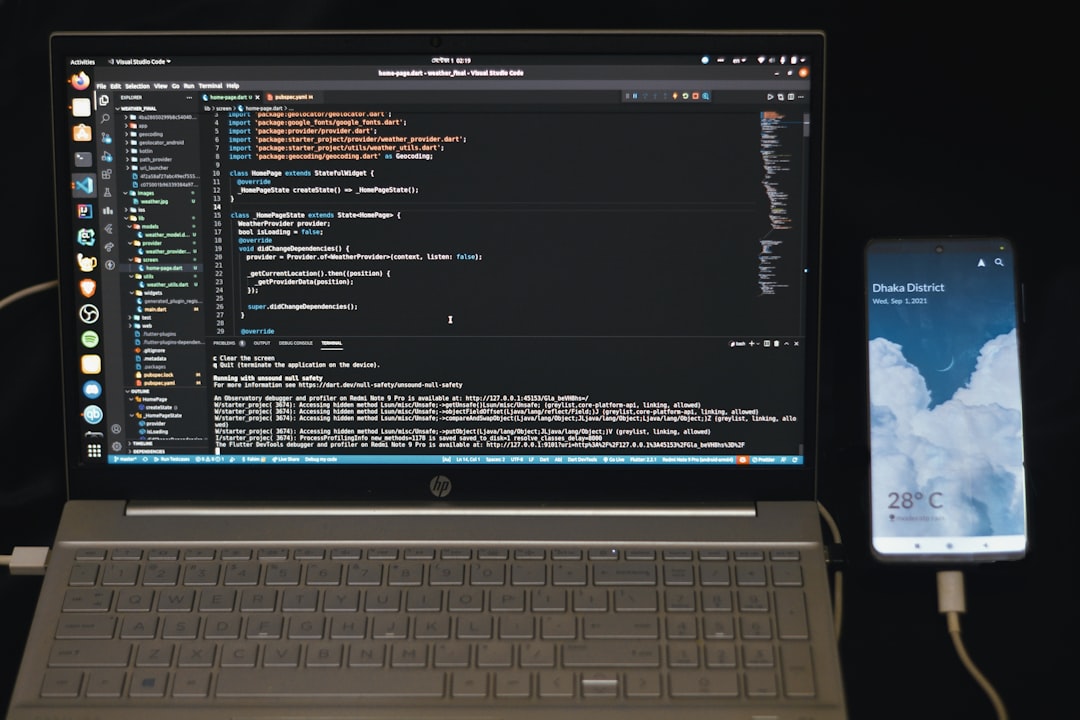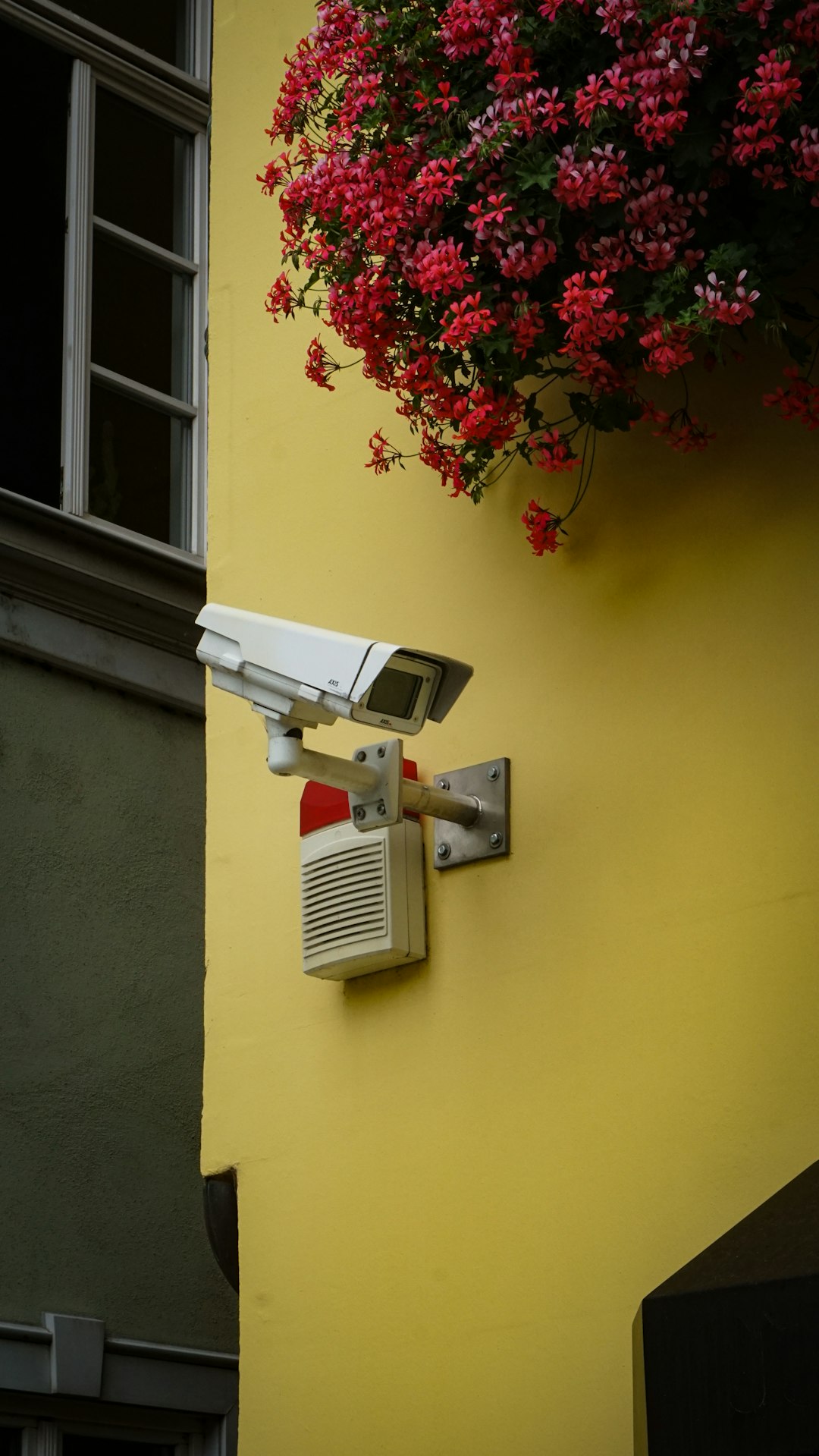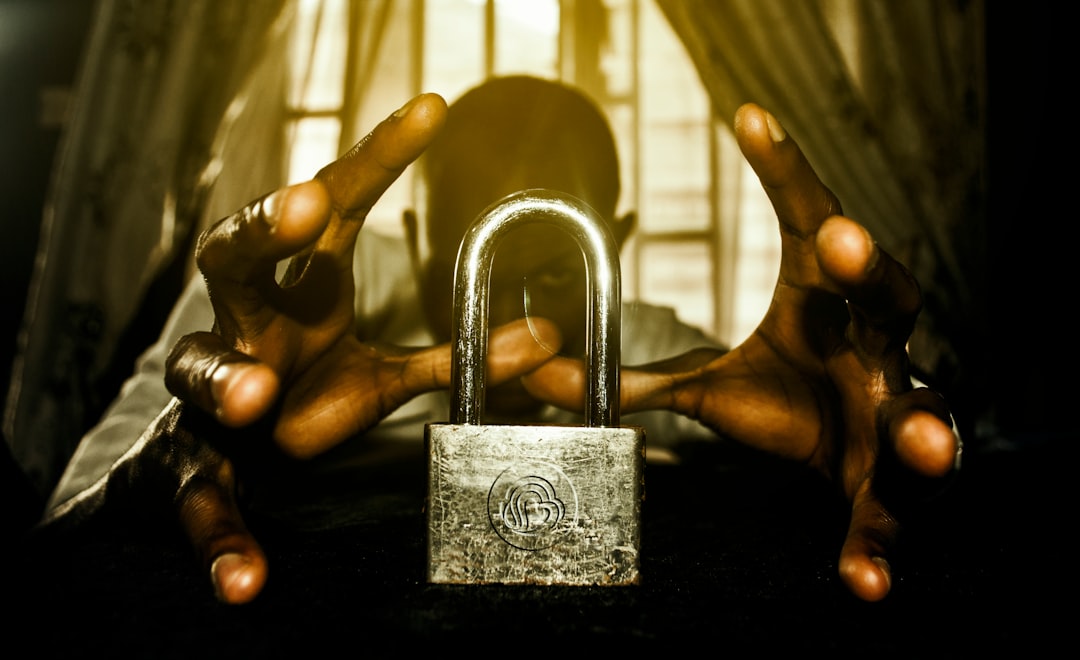
Ever watched a movie on your favorite streaming site and thought, “Hey, I wonder if I could access more content by using a VPN?” Well, you’re not alone! Millions of people use VPNs to stream movies from different regions. But is it legal? What are the actual rules? Worry not! We’re going to break it all down in a fun and simple way.
What is a VPN, anyway?
A VPN, or Virtual Private Network, is like an invisibility cloak for your internet connection. It hides your IP address and makes it look like you’re browsing from a different place in the world.
Say you’re in Canada and want to watch a US-only movie on Netflix. A VPN says, “No problem!” and routes your connection through a server in the US. Voilà! You now appear to be in the States.

Is using a VPN illegal?
That’s the big question. And the simple answer is: Usually not.
In most countries, using a VPN is completely legal. It’s a smart way to protect your data and stay private online. But (yes, there’s a “but”), what you do with the VPN can be another story.
Here’s a quick look at the VPN laws in some popular regions:
- United States: VPNs are legal. Streaming geo-blocked content violates terms of service, but it’s not a criminal offense.
- United Kingdom: VPNs are legal. Just don’t use them to pirate content.
- Germany: Legal to use, but illegal to use for watching pirated movies. Streaming geo-blocked content walks a fine line.
- China and Russia: VPN usage is tightly controlled and often illegal unless government-approved.
- Australia: VPNs are legal, but bypassing geo-blocks may get you flagged.
What about streaming services’ rules?
This is where things start to get spicy.
Every streaming service has its own Terms of Service (ToS). These are the rules you agree to when you sign up. And guess what? Most of them say you can’t use a VPN to access content from other countries.
For example:
- Netflix: Strongly discourages VPN use. They’ve gotten reaaally good at blocking them.
- Disney+: Same deal. Region-based content is a big part of their strategy.
- HBO Max, Hulu, and Amazon Prime: Similar stance. They want you sticking to your region.
Violating these terms won’t get you thrown in jail, but your account could get temporarily or permanently suspended. So… be careful!
Is it private, though?
Yes, VPNs add a layer of privacy. They encrypt your internet traffic and hide your real IP address. But not all VPNs are created equal.
Some free VPNs log your activity and may even sell your data to third parties. Yikes! Pick a VPN that has a zero-log policy and good customer reviews.

What should you watch out for?
Here are a few things to keep in mind if you’re streaming with a VPN:
- Choose a trusted VPN provider. Free isn’t always best.
- Check your local laws. They vary widely from country to country.
- Know the platform’s rules. You agreed to them, remember?
- Encrypt your connection. That’s kinda the point of a VPN!
- Watch for DNS leaks. These can expose your real location.
So, can I stream movies using a VPN legally?
Yes and no.
It’s legal to use a VPN in most places. But using it to access movies that aren’t offered in your home country probably violates the terms of service of the streaming platform. It’s not illegal like breaking the law, but it’s still a rule-breaker move.
Think of it like sneaking into a club with someone else’s ID. You might get in… or you might get kicked out.
The Final Scene
Using a VPN to stream movies opens up a world of possibilities. But it comes with risks. Always double-check the law in your country. Read the terms of your streaming account. And be a smart surfer!
Because no one wants to be mid-binge when their screen goes black and says, “We detected you’re using a VPN.“
Stay safe, stay smart, and happy streaming!






